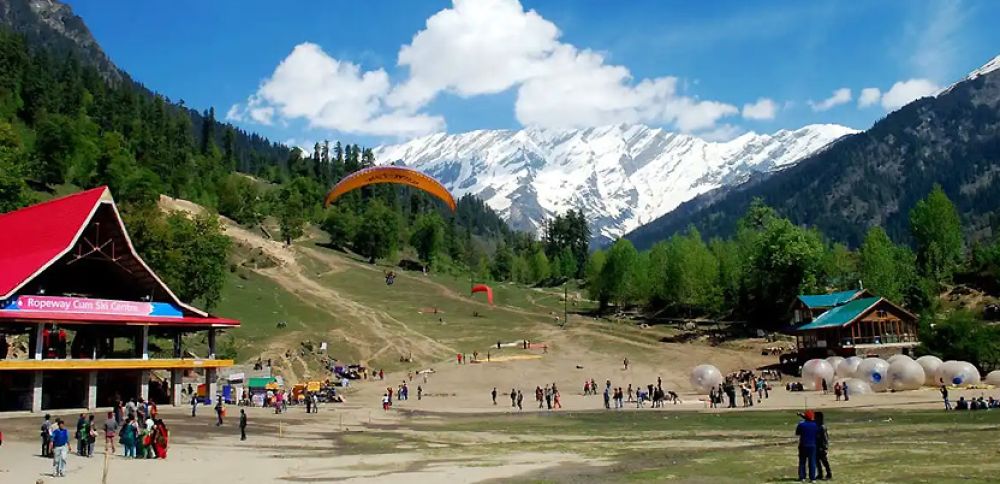

Manali, nestled in the picturesque Kullu Valley of Himachal Pradesh, is a destination that has been alluring travelers for decades. Known for its breathtakingly beautiful landscapes, it is a place where adventure and serenity coexist. The history of Manali as a tourist hub, however, has interesting beginnings that span several eras of growth and development.
The region’s appeal began long before formal tourism took shape. Manali holds a sacred position in Indian mythology as the home of the Saptarishi (seven sages). The ancient name 'Manu-Alaya' translates to 'the abode of Manu', the Hindu lawgiver, and it is believed that Manali was where he resided after the great flood. This mythological connection has historically attracted pilgrims and those with a spiritual bent.
Tourism in Manali received an unintended boost during the British colonial period. The British introduced apple trees and trout, which are not native to the region. The success of these introductions turned Manali into a flourishing area, which further piqued the interest of the British elite who started to visit Manali as a summer retreat to escape the scorching heat of the plains.
Following India’s independence in 1947, Manali continued to grow as a quaint tourist spot, attracting visitors from various parts of the country. However, it was in the 1960s and 1970s that Manali began gaining international attention when it became a stop on the Hippie Trail. This brought a wave of backpackers and those seeking spiritual experiences, transforming Manali’s local economy to cater to these new international visitors.
In more recent years, Manali has evolved into an adventure sports hub. With activities like river rafting, trekking, paragliding, and skiing, it attracts adventure enthusiasts from across the globe. The development of infrastructure, such as the construction of the Atal Tunnel, has further facilitated access to this mountainous region and has contributed to a boom in all-year-round tourism.
The latest tourism trend in Manali revolves around sustainable and responsible travel. Eco-friendly hotels, homestays, and the promotion of local handicrafts are on the rise. Culinary tourism is also gaining popularity, with visitors eager to taste the local Himachali cuisine.
While tourism has immensely contributed to the economic development of Manali, it also poses challenges, such as managing the environmental impact and preserving the local culture. There's a growing awareness and effort among stakeholders to promote eco-tourism and ensure that the beauty of Manali can be sustainably enjoyed by future generations.
In conclusion, the history of tourism in Manali is a rich tapestry of cultural, spiritual, and adventure threads that have woven together to create a vibrant and dynamic destination. Its journey from a lesser-known locale to a world-renowned travel destination reflects the changing tides of travel preferences and the region's adaptability to meet them.